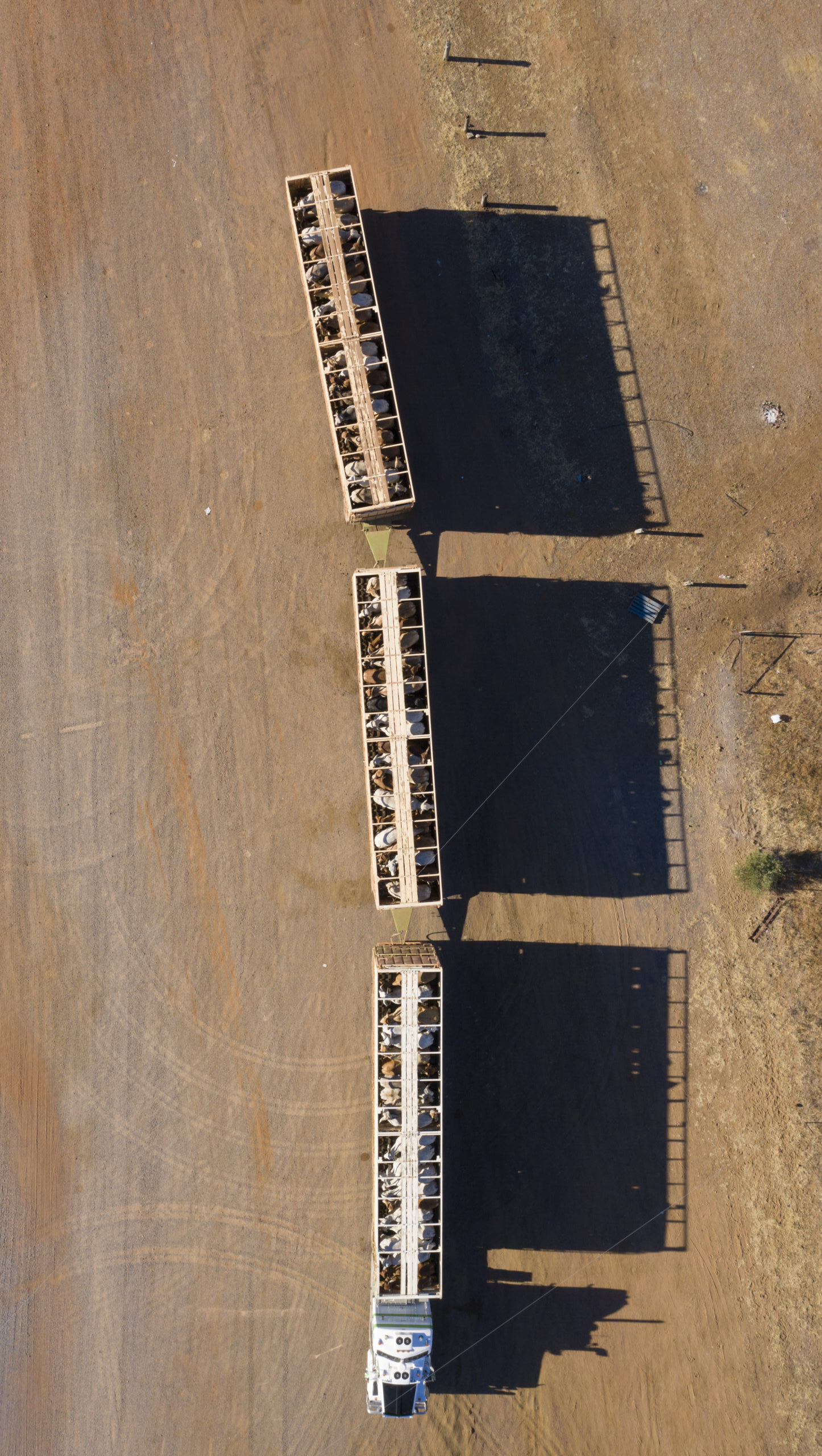PROJECTS
Braking Habits Telematics Project
Braking Habits: Improving Safety in Livestock Transport
The Australian Livestock and Rural Transporters Association (ALRTA) is leading the charge in improving heavy vehicle safety with the ‘Braking Habits’ project. This initiative enhances safety in the livestock transport industry by leveraging smart braking systems and telematics data to reduce truck roll-over crashes.


ALRTA’s Role in Heavy Vehicle Braking Technology
As the peak body for livestock and rural transport associations, ALRTA has long been at the forefront of discussions on heavy vehicle braking technology. Following industry concerns about in-service reliability and suitability for the operating environment, ALRTA successfully lobbied in the 2010s for an exemption for livestock operators from the mandate of ABS. With the industry-wide mandate of a ‘Roll Stability Function’ on new heavy trucks, prime movers, and trailers, ALRTA recognized that its members would benefit from support in getting value for money and maximizing safety benefits. To support this, ALRTA applied for and received a Heavy Vehicle Safety Initiative (HVSI) grant. This grant scheme is funded by the Commonwealth Government and administered by the National Heavy Vehicle Regulator.
A Collaborative Effort
for Safer Roads
ALRTA is working in partnership with leading livestock transporters and transport insurance provider NTI to demonstrate the benefits of smart braking technology. The project focuses on educating the industry on how telematics and advanced braking systems, such as Electronic Stability Control (ESC), play a crucial role in preventing rollovers and improving overall fleet safety. According to NTI Transport Research Manager Adam Gibson, industry resistance to advanced braking technologies has often stemmed from concerns over durability and serviceability. “The first adopters faced challenges with reliability and maintenance,” he says. “But today, the technology has significantly evolved and can directly address key risks, such as rollovers.”
Making the Most of Smart Braking Technology
With smart braking systems now mandatory on new heavy vehicle combinations, ALRTA’s message to operators is clear: if you’re already paying for this technology through the added costs of trailers and prime movers, why not use it to its full potential? Two major livestock transport companies, Betts Rogers Livestock Transport and Frasers Livestock Transport, are strong advocates of this approach. Their case studies with ALRTA highlight the real-world benefits of ESC and telematics data in improving safety and compliance.


Real-World Success Stories
Betts Rogers Livestock Transport
has seen firsthand how valuable ESC data can be. By working with their brake service partner, Air Brake Systems, they downloaded and analyzed trailer data to establish a safety baseline. “The EBS data provided deep insights and allowed us to have meaningful conversations with our drivers,” says General Manager Chris Betts.
“We were able to celebrate top performers and provide coaching where needed.”
Frasers Livestock Transport
Transport fitted an ESC system to one of its B-double combinations traveling through Queensland. With real-time data and email alerts, the company has been able to track and respond to stability control events as they happen. “This project is a game changer for the industry,” says Compliance and Central Queensland Manager Athol Carter. “We already have this equipment installed – using it to reduce rollovers and serious incidents is a no-brainer.”
Resources & Downloads
To support the industry in implementing smart braking technology, ALRTA has developed a range of practical resources.
Quick-reference safety visuals for transport depots and driver areas.
Ready-to-use discussion guides for team safety meetings.
PowerPoint Presentation Guardian Angel
Video - Emerging Technology, Regulation and Practices for Heavy Vehicles
Real-world examples from industry leaders demonstrating best practices.
In-depth insights on smart braking technology and implementation.
A resource to help operators make informed decisions when investing in braking systems.


Acknowledgments
The ALRTA would like to extend our sincere thanks to all those who contributed to the success of the 'Braking Habits' project - it takes a community to drive industry safety. We are grateful for the support of:
- Betts Rogers Livestock Transport
- Frasers Livestock Transport
- Air Brake Systems
- NTI
- The National Heavy Vehicle Regulator
- The Commonwealth Government
- The National Truck Accident Research Centre
- The National Road Safety Partnership Program
Your dedication and collaboration have been instrumental in driving safety improvements across the livestock transport industry